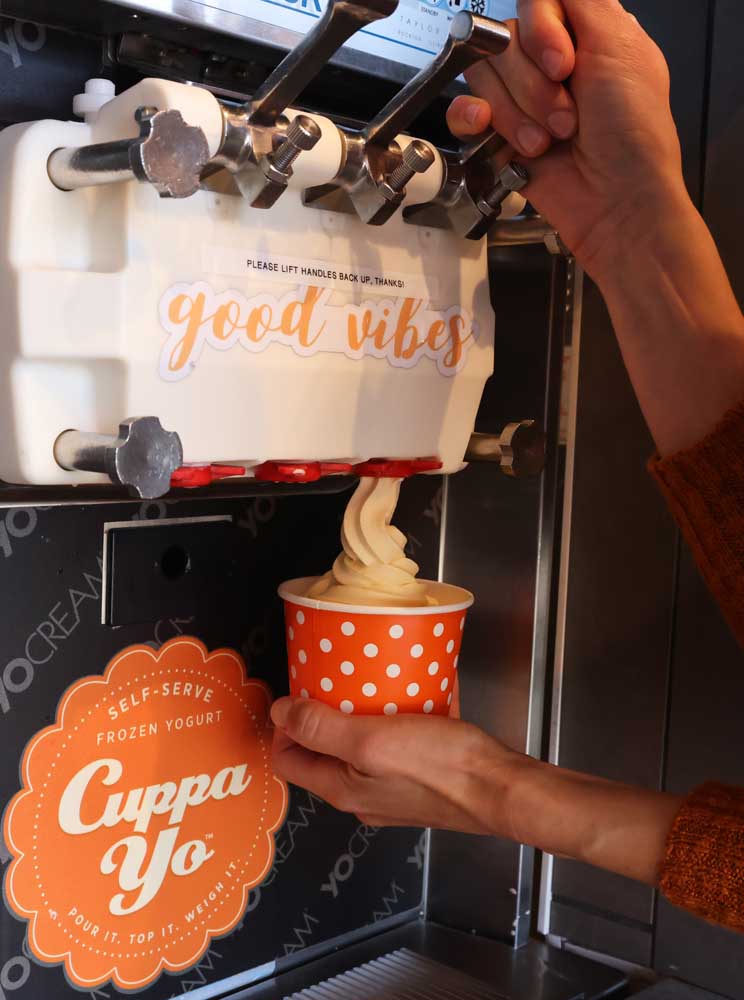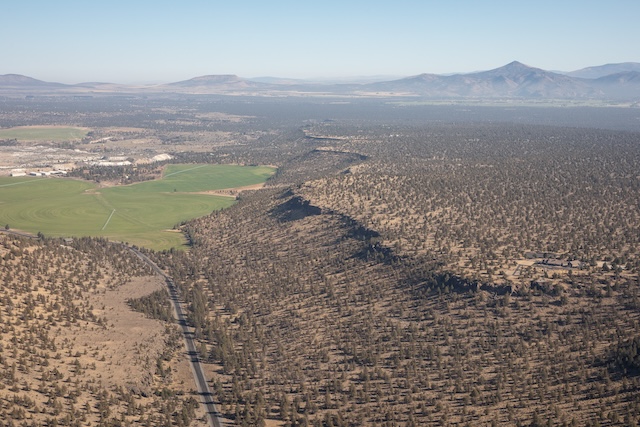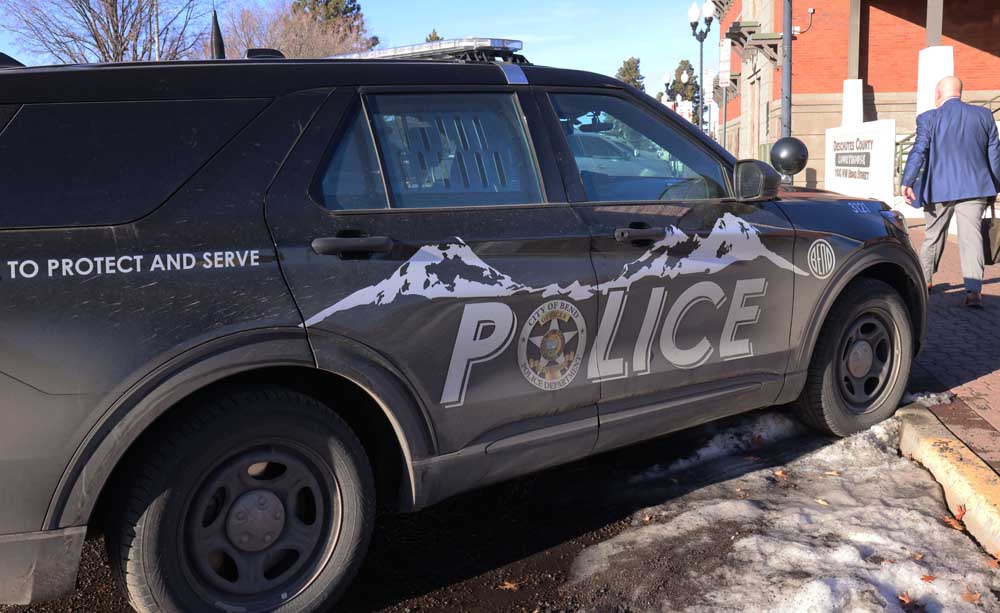Central Oregon businesses grow and scale by franchising
Published 4:45 am Sunday, May 8, 2022

- Crystal Lomeli draws a cup of frozen yogurt at Cuppa Yo in Bend.
Frozen yogurt customers familiar with Cuppa Yo in Bend can now find the same comfort more than 1,000 miles away in the town of Buckeye, Arizona.
That’s because the co-owner, Keith Clayton, has created a franchise model based upon his 12-year business.
Likewise, so is Wildflower Fashion Truck, Rise Modern Wellness, Bangers and Brews, and several other businesses in Central Oregon. These businesses and others are using a company that charges a flat fee to draft the documents necessary to set up a franchise.
This exporting of successful Central Oregon business models is the result of hard work by local owners who have a good concept to scale and grow without taking on the risk of finding new markets and hiring people to run and manage, said Todd Laurence, Oregon State University-Cascades adjunct instructor of business.
“If you franchise that means you’ve found and built a successful business that you can scale,” Laurence said. “One way to grow is to go into new communities. Or instead of taking on the risk of finding new places and hiring people to manage, you franchise.”
And that’s what these homegrown businesses are setting up: Procedures, business acumen forged by years of experience, development and a model that work that can be duplicated in other cities for a fee and an annual royalty.
From McDonald’s to hotel chains and grocery stores, the franchising industry in the United States is the licensing of a brand or product to a separate business, which then operates under the name of the first company. In 2020, it is estimated that there were 753,700 franchise establishments in the United States, according to Statistica.com, a data analysis firm.
“We’re just a locally owned business,” said Clayton. “Over the years, there’s been lots of times when people have asked if it was a franchise.”
Clayton, a former teacher, started the frozen yogurt business in northwest Bend in 2010. Several years later he added another location in east Bend and a third in Sisters. The Sisters location proved to be costly to staff during the slower winter months, requiring Clayton to spend time there.
He has since sold that location, but franchising enables him to grow his branded business with less risk and effort. Franchising will enable Clayton to receive the royalties from other owners and all will get to share in the purchasing power of the economies of scale.
Creating a franchise is not for every business, said Jim Wilcox, Central Oregon Community College Small Business Development Center small business management program manager. There’s a lot of paperwork that goes into it along with Securities and Exchange Commission documentation, he said.
“A good franchise has to have developed documentation, operations and training manuals and overall corporate branding/ marketing and distribution plans,” Wilcox said.
A franchise of a business enables the purchaser to get a good turn key operation, because it has an established brand and marketing plan and may even have name recognition in the marketplace, Wilcox said. The purchaser of a franchise, the franchisee, gets these benefits and the cost savings of bulk buying, and in return the original business owner gets an initial buy in and annual royalties of an average of 3% to 4%, Wilcox said.
Dutch Bros coffee and Les Schwab Tires all operated first as small businesses that added other locations and eventually sold franchises, he said.
“Bend always gets high marks in the rankings of small entrepreneurial development from surveys of communities,” Wilcox said. “There’s a lot of hard work that goes into a really good franchise.”
Tara Parsons, the owner of Wildflower Fashion Truck, is also in the process of working with the same company to create a franchise model. Her business is a mobile women’s clothing store. Currently she’s parked outside of Spoken Motto and is open several days a week.
Her vision is to sell franchises to other women who will be able to adapt the business model to any community or climate.
“I want to empower women of all shapes and sizes to learn how incredible they are,” Parsons said. “That’s the mission I created and I emphasize that in the truck.
“We’re creating a whole package that someone can buy and build out a truck. I will train and coach them how to buy and how to get inventory,” she said.
Rise Modern Wellness, a cryotherapy business in Bend, also is in the process of drawing up franchise documents. In business since 2018, the concept behind the business came about from an injury and led to a journey of creating a space for wellness that includes cryotherapy.
“We nailed down who we are and made the soft modifications in January to be more niched wellness and all all our future franchisees will benefit from that,” said Garrett Ahlberg, who owns the business with his wife Rachel. “Over the years, we’ve learned a lot. We added services that were synergistic.”






